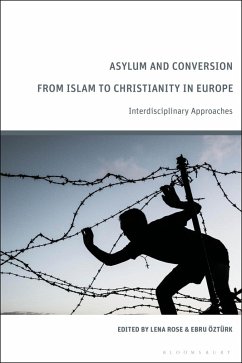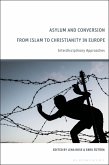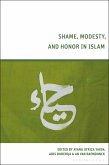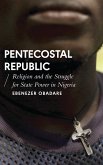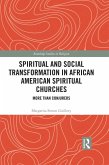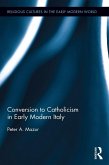Drawing together previously disjointed scholarship on the topic of asylum and conversion from Islam to Christianity, this book shows how boundaries of belonging are negotiated between Middle Eastern ex-Muslim asylum seekers, church representatives, lawyers, legal decision-makers and policymakers.
With case studies from European countries such as Germany, Austria, Finland and Sweden, the book takes an interdisciplinary approach including ethnographic and other qualitative research, discourse analysis and case law analysis, to explore the complexities of the phenomenon of asylum and conversion from Islam to Christianity.
This book is an authoritative resource for academic scholars in fields as diverse as migration and refugee studies, anthropology, sociology, religious studies, law and socio-legal studies, as well as legal and religious practitioners.
With case studies from European countries such as Germany, Austria, Finland and Sweden, the book takes an interdisciplinary approach including ethnographic and other qualitative research, discourse analysis and case law analysis, to explore the complexities of the phenomenon of asylum and conversion from Islam to Christianity.
This book is an authoritative resource for academic scholars in fields as diverse as migration and refugee studies, anthropology, sociology, religious studies, law and socio-legal studies, as well as legal and religious practitioners.

